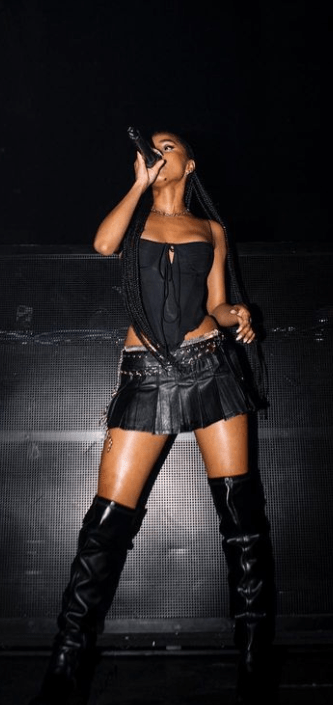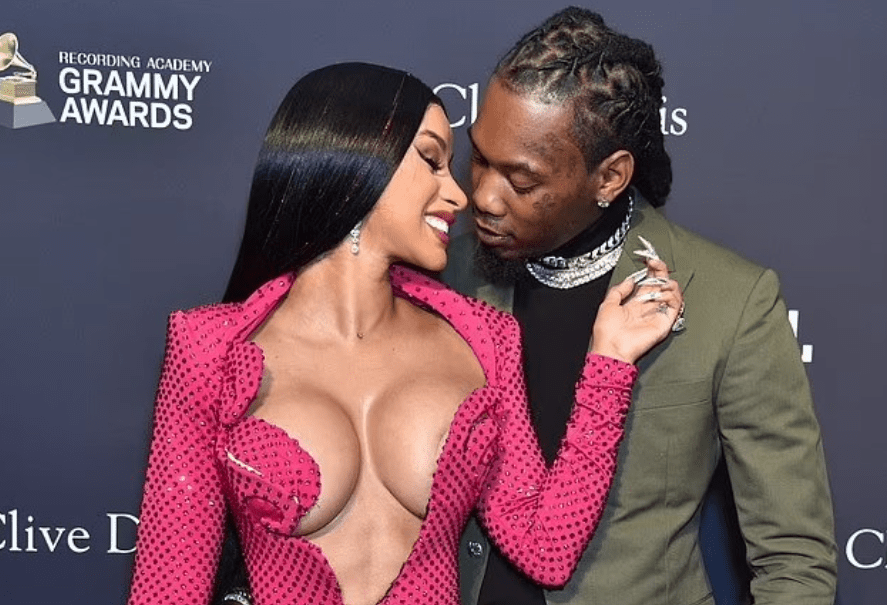South African singer Tyla’s recent self-identification as “coloured” on social media has ignited controversy, highlighting complex debates over the fluidity of racial and cultural identity.
Tyla, who catapulted to fame last year with her hit Afrobeats-tinged song Water, described herself as coloured—a recognised identity category in South Africa denoting mixed ancestry—in a recent TikTok video.
However, the term is considered an offensive racial slur in the United States, evoking memories of segregation under Jim Crow laws.
Some American critics suggested Tyla may compromise her burgeoning US career if she continues using controversial term, according to BBC.
The 21-year-old singer’s bold assertion of her coloured identity speaks to the marginalisation this community has historically endured.

Under apartheid’s notorious system of racial classification, coloured South Africans occupied an uneasy middle ground, afforded slightly better treatment than blacks but still denied basic rights.
Coloured people make up 8.2% of the population, according South Africa’s latest census data.
Prominent coloured figures like co-authors of coloured Tessa Dooms and Lynsey Ebony Chutel have passionately defended Tyla’s right to self-identify, criticising what they see as Americans imposing their own notions of blackness.
The term “coloured” in the context of South Africa has a complex and historically charged evolution, reflecting the country’s tumultuous past of racial segregation and apartheid.
The use of the term traces back to the colonial era when European powers, particularly the Dutch and British, began establishing settlements in the region.
During the 17th century, the Cape Colony saw the arrival of European invaders, indigenous Khoisan populations, and the introduction of slaves from Asia.

The descendants of these diverse groups, who often had mixed ancestry, came to be known as “coloured” in a racist classification system that sought to categorise people based on ethnic lines.
The 20th century brought significant changes to South Africa, including the formalisation of racial segregation and discrimination under the apartheid system, implemented by the National Party from 1948 to 1994.
During this period, the term “coloured” took on a legal and institutionalised significance, designating a specific racial group with its own set of rights and restrictions. The apartheid regime classified people into four racial groups: White, Black, Indian, and Coloured.
While the term was officially used in bureaucratic and legal contexts, it carried the weight of a racially stratified society, perpetuating inequality and systemic injustice.
The Coloured community faced discrimination, restricted access to certain areas, and limited political representation under the apartheid laws.
The end of apartheid marked a crucial turning point in South Africa’s history. With the establishment of a democratic government and the adoption of a new constitution in 1996, the term “coloured” lost its legal status as a racial category.
The constitution enshrined the principles of equality and human rights, emphasising a non-racial and inclusive vision for the nation however the term is still commonly used today.
Despite some cultural differences between South Africa and the US, Tyla, who was born in Johannesburg, said she is influenced by iconic African American musicians including the Michael Jackson and Aaliyah. She’s also a fan of Bajan singer Rihanna.
“”I really looked up to Michael Jackson as a performer specifically. I also looked up to Rihanna and Aaliyah as well,” Tyla told People.
“[I] grew up listening to Afrobeats, amapiano, house Kwaito and all of that… But also a lot of R&B and pop also played in my house and I looked up to a lot of R&B and pop artists.”

